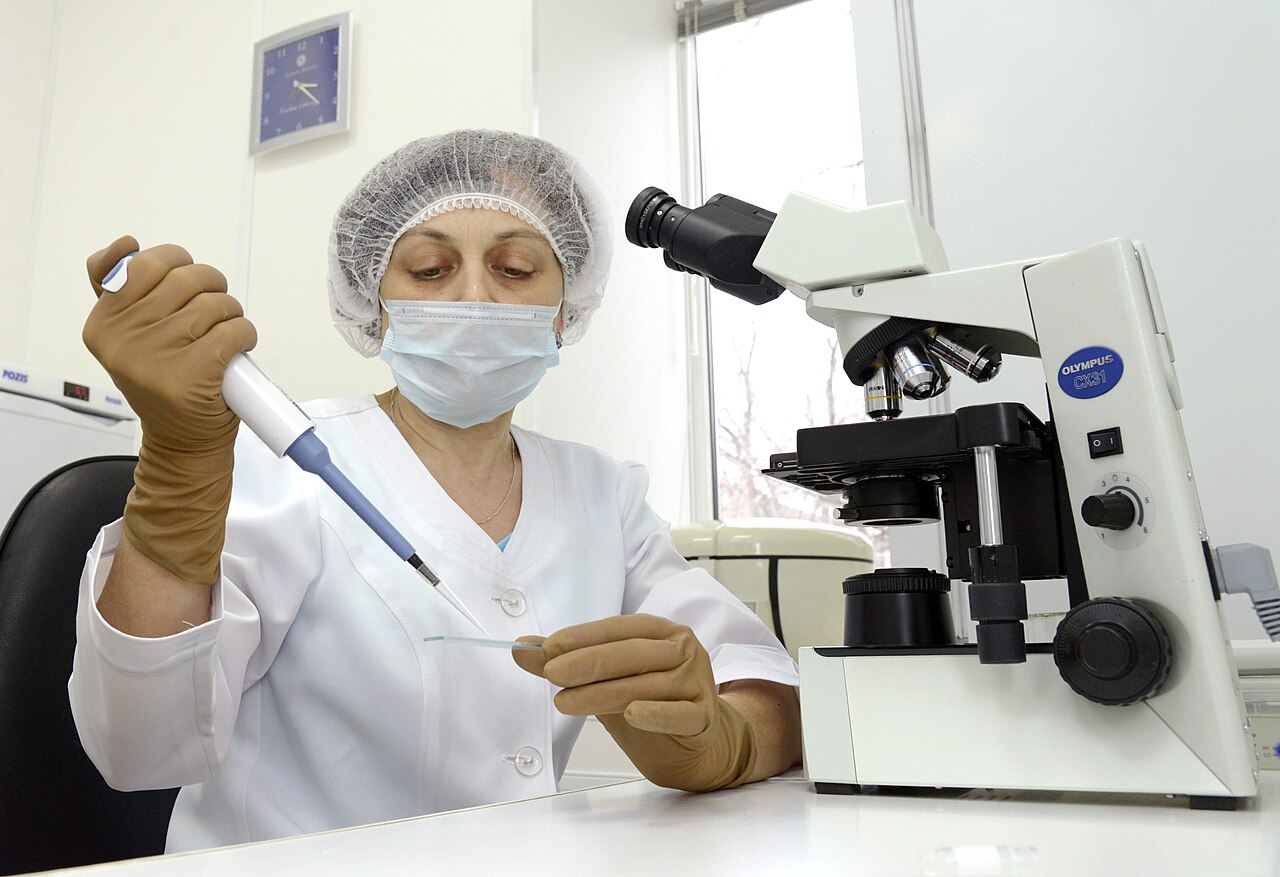The first time I attended Professor Bittu’s talk was during a celebratory gathering at Ashoka University when Section 377 was struck down. The second time, I attended his lecture for a Psychology 101 class, where he spoke about how the brain works. In both cases, I was awestruck by his brilliance and his passion for teaching, which was evident in the way he engaged with his students and articulated his ideas.
Professor Bittu believes that the annihilation of caste, class and gender are necessary for transgender liberation. He is someone who has been involved in creating a safe space for marginalised people ever since he was in college. When he was in college at Harvard he joined the struggle for anti-war movement and rights of campus workers.
He is an Associate Professor of Biology and Psychology at Ashoka University. He completed his PhD from Harvard University in Neuroscience. He was an INSPIRE-faculty at the Central University of Hyderabad and a DST-Dr. D. S. Kothari postdoctoral fellow at the Center for Ecological Sciences, Indian Institute of Science, where he studied the evolution of neural and behavioural systems of communication among Orthopteran insects in response to ecological constraints.
In this interview, he shares his astute insights into his work, questions of inclusivity of STEM, and shows us ways in which we can work to make STEM a more accessible space for marginalised communities.
What inspired you to study Neuroscience? Please tell us a bit about your academic journey so far.
I have always been interested in how the brain works and it has been something that I have been interested in since I was a student in school. I went to college, did a degree in Biochemistry, initially, for the first two years and I was quite frustrated by not being able to learn more about neuroscience and evolution. I then. I then transferred to another college where I could do a liberal arts degree in which I focused on evolution and neuroscience and then I went on to do a PhD integrated with a Master in Neuroscience. After that, I went forward with Behaviour Ecology to understand the evolution of the neuro system and the ecological relevance of various behaviours and neuro function relative to those ecologically relevant behaviours.
There is a tendency in STEM to see ideas as existing in vacuums without understanding the cultural, historical and social context in which those ideas emerge.
STEM is often seen as extremely exclusionary because of a lack of discourses on progressive issues. Do you believe that to be true?
I don’t think STEM is exclusionary because of a lack of discourse on progressive issues, so much as its own lack of criticality around the project of who does science and why. I do think that STEM, being evidence-based, provides the possibility of accumulating evidence to dispel various regressive discourses. However, it is true that people in STEM are not familiarised with notions of being sensitive to other human beings in the course of formulating ideas in Science. There is a tendency in STEM to see ideas as existing in vacuums without understanding the cultural, historical and social context in which those ideas emerge. That means that ideas in science can sometimes be somewhat stale because they don’t consider a change of perspective from other disciplinary lenses.
What kind of social hurdles did you encounter in this field?
A lot of people in STEM are not particularly sensitive with regards to gender, caste, class, around ability and disability and various other things like that and in general people see the activist work I do as completely unnecessary and pointless. These are some of the hurdles that I have encountered. Often when I interact with Scientists they start off with the fairly standard social biases that are not particularly Trans-Friendly.
What needs to be done to make STEM more inclusive?
Making STEM more inclusive would have to involve making STEM more accountable to the public, more inclusive of other disciplines and other ways of thinking. And I think that will help STEM fields be less derivative, less stuck in a rut, and so on.
Also Read: How Psychology Wronged Women
In what ways does your work as a biology professor overlap with your activism?
For most of my life, I found my work as a biology Professor did not in any way overlap with my work as an activist. These have been two separate and very energy draining aspects of my life. Now I am finding some common ground just as a result of thinking for years these two things separately. One is that I think that some lessons about how we regulate ourselves as a society can be gleaned from an ecological understanding and two, increasing our need to regulate the ways which we influence nature and climate change are going to become essential to how it is that we organise ourselves socially and economically. These are the two areas of relevance where I think my work as a biology Professor overlaps with my work as an activist. I am starting to feel that in the absence of good theoretical models for both of these, we are hitting against the same kind of problems over and over again in activism.
Neuroscience is also a tool that feminist can use to find evidence to combat notions of male superiority and it is the science that has given us and demolished a lot of social, completely evidence-free notions of male superiority that, in fact, pervaded science in ways which were not backed by evidence.
Neuroscience studies are often used to assert male-superiority. What are your thoughts on that?
Neuroscience studies have been historically used to assert male superiority and that is certainly the case. However, Neuroscience is also a tool that feminist can use to find evidence to combat notions of male superiority and it is the science that has given us and demolished a lot of social, completely evidence-free notions of male superiority that, in fact, pervaded science in ways which were not backed by evidence.
Also Read: How Is Evolutionary Theory Used To Justify Misogyny?
In what ways do you think Neuroscience and Psychology can help LGBTQ and marginalised communities?
For LGBTQ Community, especially Trans community and queer community, where there are social notions that are completely evidence-free, that says that Trans and homosexuality is unnatural and so on. Both animal history and Neuroscience can provide an understanding of the biological basis. There is a biological basis to all ways in which socialisations and genetics affect the brain and these will then enable us to understand that there is a biological basis to all of these behaviours and that there is nothing unnatural about it.
Professor Bittu busts the popular myth of incompatibility between science and feminism. Feminism isn’t anti-science. Feminists are finally calling out science for overlooking cultural, historical, and social contexts of scientific ideas, and the invisibilisation of marginalised identities. What we need is a convergence of both science and feminism, rather than mutual exclusivity. As Professor Bittu said, science really can be a huge asset in validating feminist beliefs. On the other hand, science ought to become more inclusive of other disciplines and be more accountable to the public. Professor Bittu’s insights are extremely valuable to all those in the fields of STEM as well as feminists.
Featured Image Source: Ashoka University
About the author(s)
Varisha Tariq is a recent undergraduate from Ashoka University and she likes reading about politics and deconstructing gender and patriarchy. She aspires to be a writer, business-owner, foreign diplomat and Prime Minister of India all at once although she is currently running an NGO in Lucknow, focused on the education and empowerment of women.




